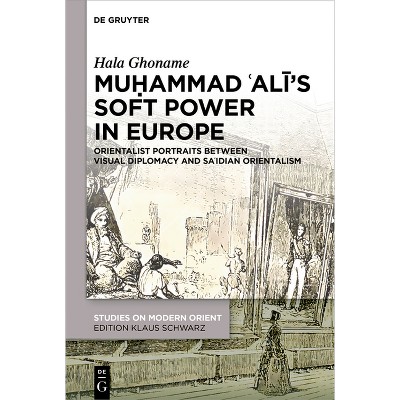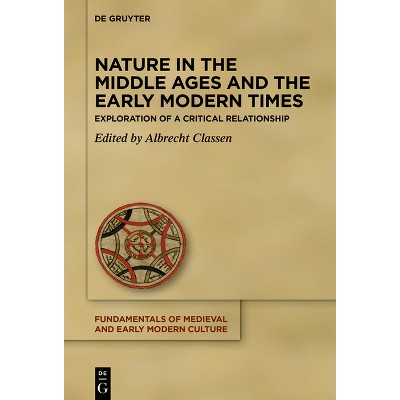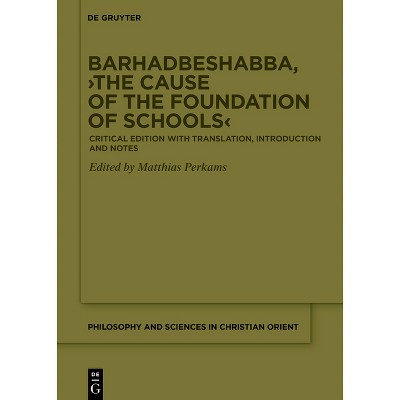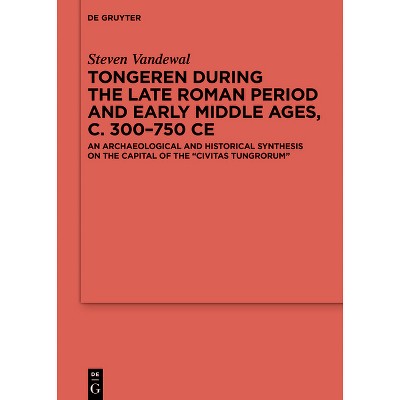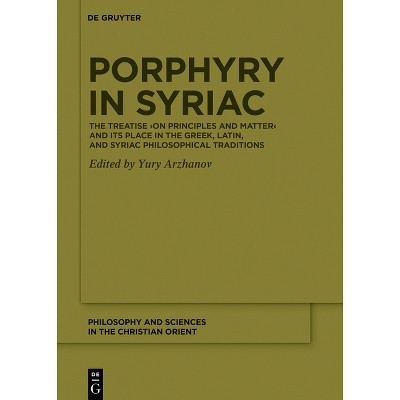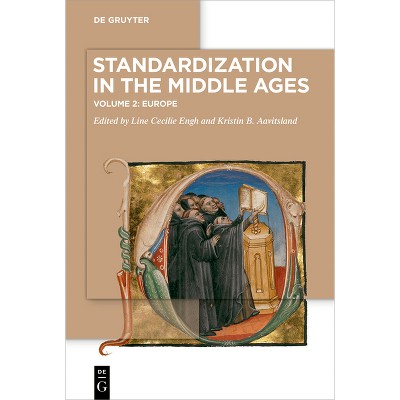Emerging Subjectivity in the Long 19th-Century Middle East - (Studies on Modern Orient) by Stephan Guth (Hardcover)

About this item
Highlights
- This volume revisits the "long 19th century" in the Middle East from the perspective of emerging subjectivity as a fundamentally new attitude of the individual vis-à-vis the World.
- About the Author: Prof. Stephan Guth, Dept. for Culture Studies and Oriental Languages, University of Oslo, Norway.
- 517 Pages
- Religion + Beliefs, Islam
- Series Name: Studies on Modern Orient
Description
About the Book
What, actually, meant "modernisation" for the long 19th century Middle Easterner? Stephan Guth finds the essence of the so-called Arab(ic) "Renaissance" (and corresponding movements in Turkish) in emerging subjectivity and the subjects' neBook Synopsis
This volume revisits the "long 19th century" in the Middle East from the perspective of emerging subjectivity as a fundamentally new attitude of the individual vis-à-vis the World. Stephan Guth's holistic vision interprets emerging subjectivity as the key operator at the heart of the many aspects of the so-called Arab(ic) "Renaissance" (and corresponding movements in Turkish), like rationalism, critical analysis, political emancipation, reformism, moralism, and emotionalism, but also a new language, new genres, and new concepts.
Guth's thoroughly philological approach demonstrates how a close reading of literary texts from the period, a cultural-psychological interpretation of linguistic phenomena and an etymology-informed look into conceptual terminology can contribute to a deeper understanding of what "modernisation" actually meant, deep inside the human beings' mind and psyche, in their meeting with a rapidly changing world.
Twenty essays on language, literature, and key concepts reflect the author's life-long engagement with the culture of the period in question. The articles are glued together by a guiding narrative that assigns each treated aspect its place in the author's vision (which includes a global perspective).
About the Author
Prof. Stephan Guth, Dept. for Culture Studies and Oriental Languages, University of Oslo, Norway.






